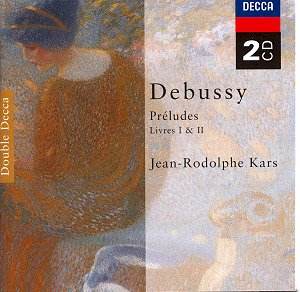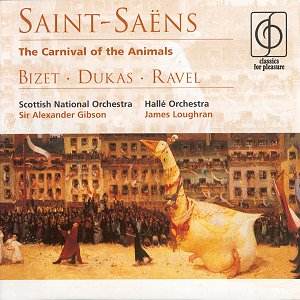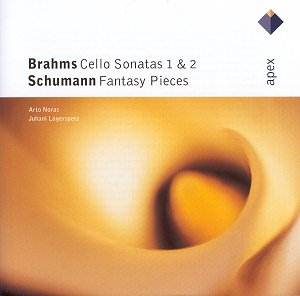 Composer: Claude Debussy
Composer: Claude Debussy
Works: Préludes (Complete), Fantaisie pour piano et orchestre
Performers: Jean-Rodolphe Kars (piano), London Symphony Orchestra/Alexander Gibson
Recording: Recorded in St John’s, Smith Square in December 1970-January 1971 (Préludes), Kingsway Hall, London in May 1969 (Fantaisie), Decca Studio No. 3, West Hampstead in April and July 1968 (Messiaen)
Label: Decca
Debussy’s Préludes, a cornerstone of the piano repertoire, encapsulate the essence of the Impressionist movement, marrying nuanced emotion with innovative harmonic language. Composed between 1909 and 1910, these pieces reflect Debussy’s mastery in evoking imagery and sensation through sound, a hallmark of his compositional style. The Préludes not only serve as a testament to Debussy’s departure from traditional forms but also as a canvas for expressive interpretation, inviting performers to explore the rich texture and color embedded within each work. Jean-Rodolphe Kars’ interpretation, newly reissued by Decca, presents an opportunity for a critical reassessment of his artistry in a competitive field.
Kars approaches the Préludes with a delicacy that is both captivating and meticulously controlled. His touch is feather-light in passages like “Brouillards,” where the misty sonorities are enveloped in a gauzy haze, perfectly embodying Debussy’s ethereal aesthetic. The use of the pedal, a crucial element in this repertoire, demonstrates Kars’ virtuosic command; he conjures a landscape of sound that is at once fluid and intricate. The “Cathédrale engloutie,” while misty, reveals a slight undercurrent of tension that, in its climactic moments, could benefit from a more pronounced intensity. Here, the sense of grandeur that Debussy conjures could be further realized through a more vigorous approach. Conversely, the “Sérénade interrompue” shines with its guitar-like resonance, showcasing Kars’ ability to interpret Debussy’s whimsical side effectively.
Technical prowess is on full display in “Les fées sont d’exquises danseuses,” where Kars’ fingerwork is dazzling, bringing out the intricate patterns that swirl with a lightness of being. This contrasts sharply with the somewhat under-characterized “Minstrels,” which lacks the playful exuberance that Debussy so vividly portrays in the imagery of commedia dell’arte. It is in Kars’ interpretation of “La terrasse des audiences du clair de lune” that one senses a direct line to Messiaen, whose music often draws from Debussy’s harmonic language. This connection is further explored in the coupling of Messiaen’s works in this recording, which highlights Kars’ unique interpretative lens.
The recording quality is commendable, with a balance that allows the piano to shine against the backdrop of the London Symphony Orchestra under Alexander Gibson’s direction in the “Fantaisie pour piano et orchestre.” Kars’ performance here transcends mere accompaniment; he shapes the orchestral texture with a sense of partnership, particularly in the second movement’s tender “Largo e molto espressivo,” where he imbues the music with a palpable emotional weight. The orchestral ensemble provides a lush background that complements Kars’ nuanced playing, creating a cohesive soundscape.
When considering the competition, it is essential to acknowledge the formidable recordings by artists such as Walter Gieseking and Pierre-Laurent Aimard, each bringing their unique perspectives to Debussy’s oeuvre. Kars, while perhaps less frequently mentioned, offers an interpretation rich in character and fervor, one that stands as a valuable alternative to more established renditions. His ability to weave Debussy’s impressionistic textures seamlessly into Messiaen’s vibrant landscapes makes this reissue a compelling listen.
The reissue of Kars’ interpretations of Debussy and Messiaen serves not merely as a historical artifact but as a vital addition to the contemporary understanding of these works. The dual exploration of Debussy’s and Messiaen’s worlds through Kars’ skillful piano performance reveals the intertwined nature of their musical languages, suggesting a lineage of influence that continues to resonate. This collection not only enriches one’s appreciation of the repertoire but also reaffirms Kars’ place among the notable interpreters of these seminal compositions.



